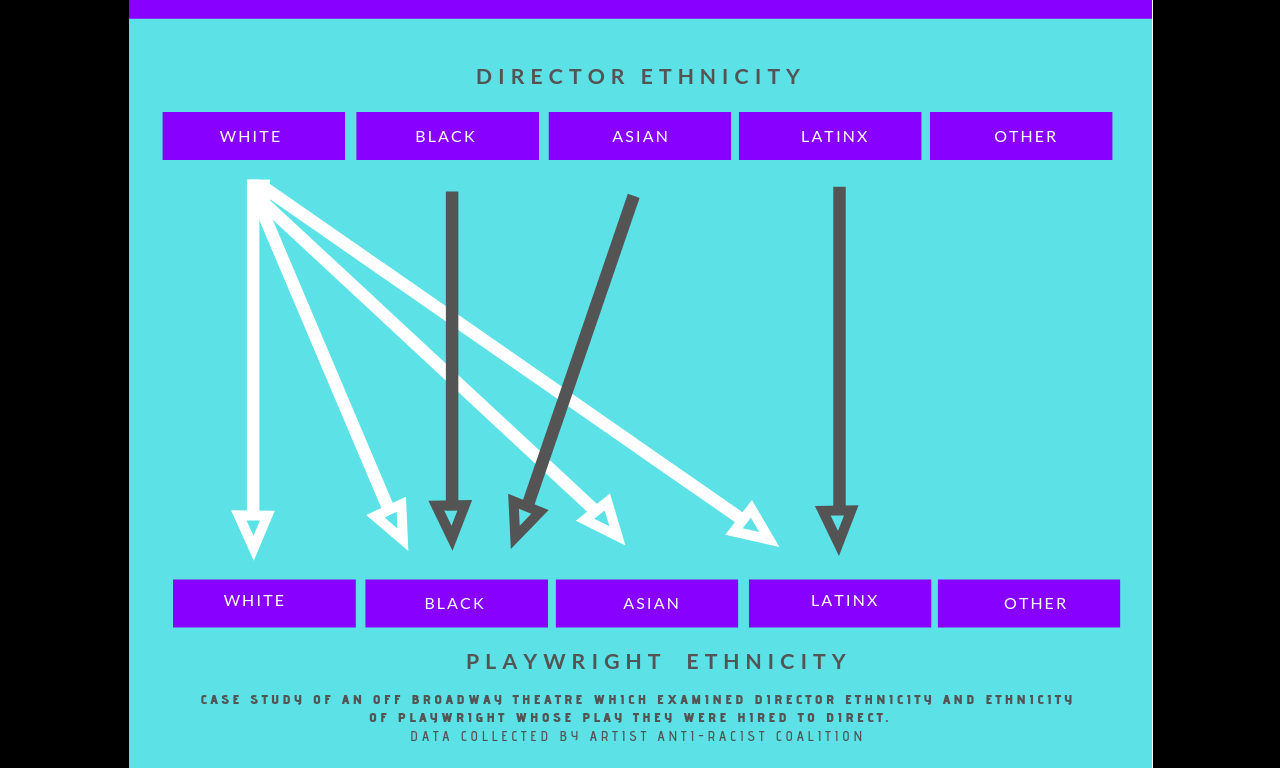Here are a few posts from last week's Greenpage that might be worth your time...
Big data analysis reveals staggering extent of gender inequality in creative industries
theconversation.com: The term “big data” may bring to mind swaths of private information held by tech companies. But lots of big data is, in fact, visible to all – we just may not think of it as “data”.
If you’ve been to the movies recently, you will have seen a dataset of credits – listing the cast and crew members alongside their roles. While the credits from any one film may not be that useful, the credits from every film can form a big dataset. At Nesta and the PEC (a new policy and evidence centre for the creative industries), we have been exploring how these types of non-confidential big datasets can shine new light on gender representation in the creative industries.
Blow to 10,000-hour rule as study finds practice doesn't always make perfect
Science | The Guardian: With blatant disregard for the public benefits of motivational idioms, researchers have concluded that practice does not, necessarily, make perfect.
A study of violinists found that merely good players practised as much as, if not more than, better players, leaving other factors such as quality of tuition, learning skills and perhaps natural talent to account for the difference.
Playwrights of Color, White Directors, and Exposing Racist Policy
HowlRound Theatre Commons: Damn. This thought reverberates through my body, an ultrasonic sound wave carrying much more than disappointment and dismay. As a Black director, actor, and facilitator of anti-racist theatre, I am unable to shake myself free of the viscosity of thoughts I’m having around another company’s decision to uphold a racist policy: hiring a white director to stage a play written by a playwright of color. This has happened time and again: with Lin-Manuel Miranda’s In the Heights, Suzan-Lori Parks’ Father Comes Home From the Wars, James Ijames’s Kill Move Paradise, David Henry Hwang’s Chinglish, Karen Zacarías’ Native Gardens, August Wilson’s Joe Turner’s Come and Gone.
Musical Malaise: The Twilight of the Original Score?
www.clydefitchreport.com: In a disturbing and all-but-hilarious New York Times story from London, it was reported that staff members at several West End musical theaters may now be wearing body cameras. This is to combat an apparent plague of “aggressive, alcohol-fueled theatregoers.” An usher at one of the theaters was quoted as calling the audiences for jukebox musicals the “worst behaved.” London’s “more upmarket productions,” it seems, “are not immune from rowdy behavior.”
Models and Mentors: A History of the Wry Crips Disabled Women’s Theatre Group by Michaela Goldhaber as told by the Company’s Founders
WIT journal: For thirty-four years, Wry Crips Disabled Women’s Theatre Group in Berkeley, California, has been helping women with disabilities find their voices and create performances. In its first twenty years, Wry Crips put together a new performance almost every other year, each one with seven or eight women reading their own writing about their experiences as disabled women. Wry Crips slowed it’s pace in the next decade, but is going strong now with five dedicated members working on Wry Crips Occupy, a historical play about the 504 protest in 1977 when disabled activists took over the federal building in San Francisco.







No comments:
Post a Comment